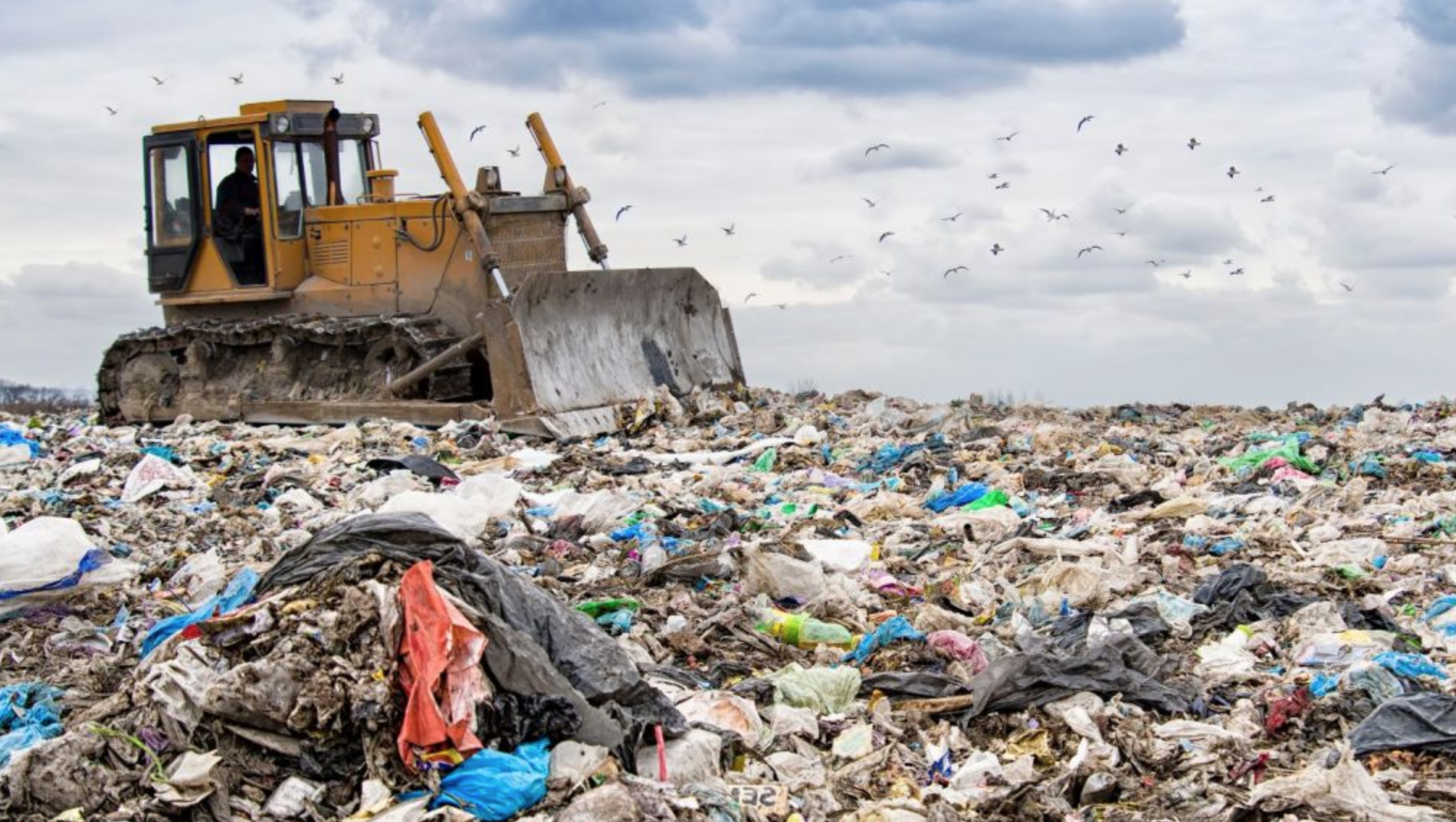The environmental crisis that the world is going through is largely a consequence of individualistic behaviors that do not take into account the welfare of society as a whole. From farmers who use excessive agrochemicals that pollute soil and water, to real estate agents who deforest to speculate on land prices and fishermen who do not respect quotas and closed areas; there are plenty of examples of decisions that degrade the environment.
Although there is more and more information that evidences the consequences of these behaviors, the degradation of nature persists and accelerates. Why? One possible answer is that we are not attacking the root of the problem. As a society, we continue to implement superficial solutions instead of seeking profound changes.
Sustainability research and management have focused on ecological processes, economic markets, social structures, and political dynamics. In other words, they have focused on factors that are part of people’s “external reality” and have neglected and ignored the profound influence and transformative capacity of people’s “inner lives”: their emotions, values, beliefs, and identities.
Our degree of individual connection to nature, both physical and psychological, strongly influences how society impacts the environment. Although this is a clear trend, we are only recently beginning to scientifically evidence the loss of connection with nature and its consequences on a global level. For example, disconnection with nature deprives us of health benefits and general well-being and blocks positive emotions, attitudes, and actions to care for the environment.
Some practices outside academic circles, such as religions, have paid much more attention to the influence that people’s “inner life” has on sustainability than even the sciences dedicated to this discipline. Pope Francis, for example, points out in his Encyclical Letter Laudato Si, that “the ecological crisis is a call to a profound inner conversion”. And similarly, in his Ethics for the New Millennium, the Dalai Lama proposes that greater attention to our inner life would lead to greater happiness and lay the foundation for building a more ethical and sustainable global community.
The dimensions of people’s “inner life” have been neglected by the sustainability sciences. This is in part because researchers cannot approach them from a traditional scientific perspective, i.e., as if they were independent of the object of study. Investigating and managing the link between emotions, values, beliefs, identities and actions in the environment requires observing and monitoring our own inner life in an honest and engaged way. Only then can we reflect on the “why” of our behaviors, and identify “who” promotes sustainability and who does not.
Because sustainability science has not taken into account the intense relationship between people’s “inner lives” and the impact of their actions, many of the policies designed do not seek to displace the values that underlie environmental problems. Many of them even include them in their strategies. An example of this is tax incentives to promote “green” or “sustainable” products, such as electric cars. These policies implicitly appeal to greed and materialism to change consumer behavior.
However, beyond the shortcomings of the sciences dedicated to studying sustainability, there are signs of change on the horizon that point toward a more comprehensive and explicit approach to the “inner reality” of people in search of leverage points capable of driving a transition to deep and lasting sustainability.
A growing number of researchers indicate that the transition to sustainability not only requires knowledge about how social-ecological systems work and what they should look like to be sustainable but also more knowledge about how to drive these systems toward more desirable states. For example, we need to understand whether policies will succeed in reversing biodiversity loss in time by promoting changes in the values that people have about their relationship with wildlife (from dominance to mutualism), or whether they should intervene directly in the behaviors that impact nature (e.g., by encouraging the restoration of degraded ecosystems).
This type of transformative knowledge is what is shared and promoted in spaces such as the Sustainability Research and Innovation Congress (SRI) to be held in June in Panama City. There, an effort will be made to generate a commitment among sustainability researchers and managers to understand better not only the processes of transformation but also the way in which they can be activated.
If we continue to think that environmental problems such as biodiversity loss and climate change are “outside” us, we will lose the possibility of discovering and using the powerful solutions that we have “inside” us.
*Translated from Spanish by Janaína Ruviaro da Silva











